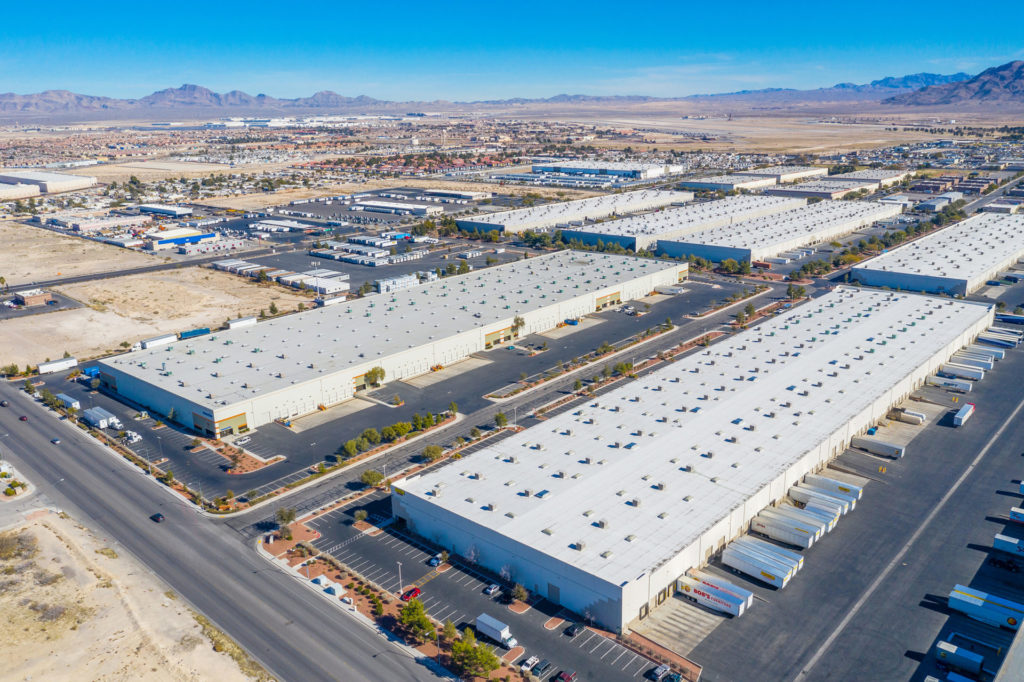CES 2021 Panel to Tackle Supply Chain Disruption Issues
Originally posted 1/14/21, Las Vegas Review-Journal
Visit any online retailer’s website and there’s likely a message cautioning shoppers to expect shipping delays. Disruptions in supply chain logistics has been a pain point for brands and consumers during the coronavirus pandemic, and it’s a topic being tackled at CES on Tuesday during a 30-minute panel featuring logistics firm DHL, electronics company Hisense USA and headphone-maker AfterShokz.
“Online shopping and delivery isn’t going anywhere,” said Sayon Deb, panel moderator and Consumer Technology Association analyst. “You’ve seen Amazon, as an example, diversify away from partners like FedEx and UPS. They have their own delivery trucks.” Deb said growth will not just happen with individual companies such as Amazon but also with logistics firms such as DHL. He said the panel is focused on technology used by the panelists to meet consumer demand.
But another industry seeing benefits is the industrial real estate market, particularly in the Las Vegas Valley.
Logic Commercial Real Estate Vice President Amy Ogden said there have been 17 deals for properties over 100,000 square feet in 2020 compared with 2019 when there were 10 deals over 100,000 square feet.
“It’s interesting because when COVID started everything stopped,” Ogden said. “I had escrows cancel, people just did not know what to do, but as consumer demand turned online there was this massive trajectory that accelerated the growth of companies. So, what they expected to happen in four to six years happened in four to six months.”
Ogden pointed to third-party logistics firm Ruby Has Fulfillment in Las Vegas. She said the company nearly doubled its size when it moved into a 373,000-square-foot facility near the Las Vegas Speedway last year. “A lot of really big deals went down in 2020 as a result of the e-commerce demand,” she said. “It’s hard to think in the future when it’s been such a chaotic year, but I don’t think this demand for industrial space is going away.”

BIGGER SPACES
Other firms also have expanded or moved into larger spaces. FedEx Corp., for instance, inked a deal for a 632,324-square-foot facility at the Prologis Speedway development and Amazon, which has bolstered its presence in Southern Nevada by more than 2 million square feet last year. The latest report from CBRE said the industrial market has remained steady through September, or the third quarter of 2020, showing “the resiliency of the industrial market despite initial predicted COVID-19 impacts.” The Q3 vacancy rate was 3.4 percent, according to CBRE. Net absorption in Las Vegas was nearly 1.4 million square feet while the year-to-date total was about 4.7 million square feet.
It also reported 6.9 million square feet of industrial space was under construction in the third quarter with about 30 percent of the space preleased. Kevin Higgins, CBRE Industrial & Logistics executive vice president, said that after what he calls the “Great Depression Two” the industrial market has seen larger deals. “Prior to 2008, a big building was maybe 300,000 square feet. Today, a big building is 800,000 to 1 million square feet,” he said. Higgins said the industries seeing the most growth in Las Vegas are e-commerce and logistics firms. Also seeing tremendous sales growth during the pandemic are food, pharmaceuticals, home goods and appliance companies.
BUY NOW
Retail sales, excluding automobile dealers, gas stations and restaurants, for the first 11 months of 2020 were up 6.6 percent compared with the same period in 2019, according to the National Retail Federation. It also found retail sales in November had a year-over-year increase of 8.8 percent, putting the holiday shopping season on track to meet the retail trade organization’s forecast of between 3.6 percent and 5.2 percent growth over 2019, or a total between $755.3 billion and $766.7 billion in sales. Cushman & Wakefield executive director Donna Alderson said she was one of the many shoppers ordering items online.
“It’s very easy to just hit that button and have it delivered to your door,” Alderson said. “It’s convenient and the trend was growing anyway.” Alderson said quarantine simply accelerated e-commerce growth, which had effect of causing companies to expand their physical footprint with larger buildings. She cited the same industries as Higgins of CBRE as seeing growth in Las Vegas but also added firms offering recreational products. “We did a deal with a company that distributes RV and marine, like boat, after-market accessories,” she said. Alderson said there’s certainly room for growth but said a potential headwind is the availability of land.
“We have an abundance of federal ownership in the state of Nevada,” she said, noting that more than 80 percent of the Las Vegas Valley is owned by the Bureau of Land Management. “So, it’s created higher land values.” But Alderson said the industrial real estate market has been “remarkably vibrant,” considering business came to a halt in March when Gov. Steve Sisolak temporarily closed businesses and casinos. “I’m a 34-year veteran of the business … and I was thinking the absolute worst,” she said. “Next thing you know, life starts to come back. The phone started ringing, emails got returned and people started picking up their pen saying, ‘OK, we’re going to proceed.’”
SOURCE: LAS VEGAS REVIEW JOURNAL https://www.reviewjournal.com/business/conventions/ces/ces-panel-to-tackle-challenges-of-getting-goods-to-consumers-2249745/